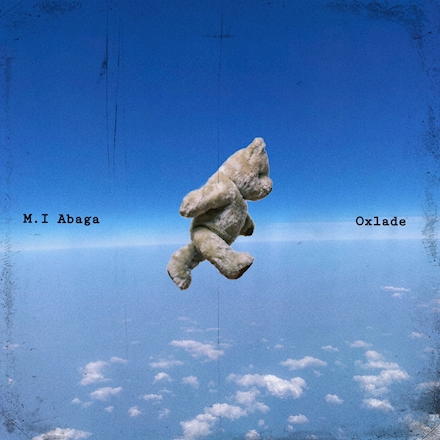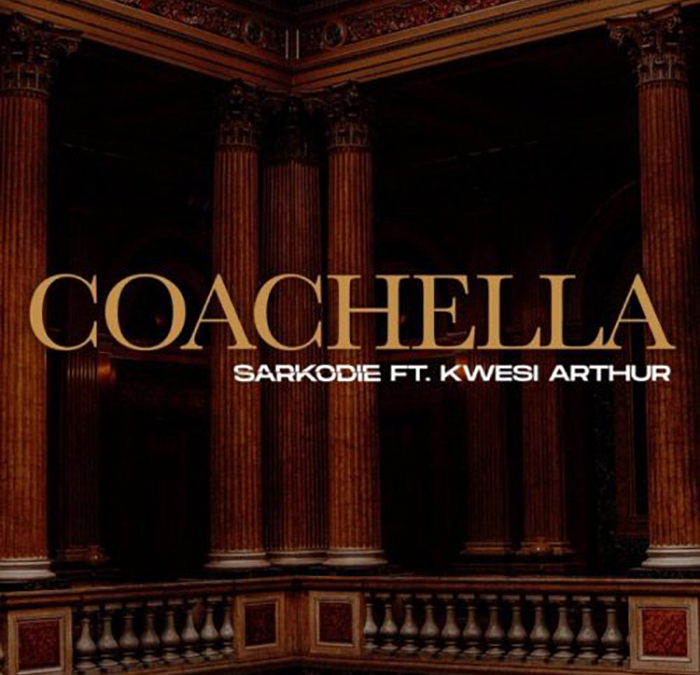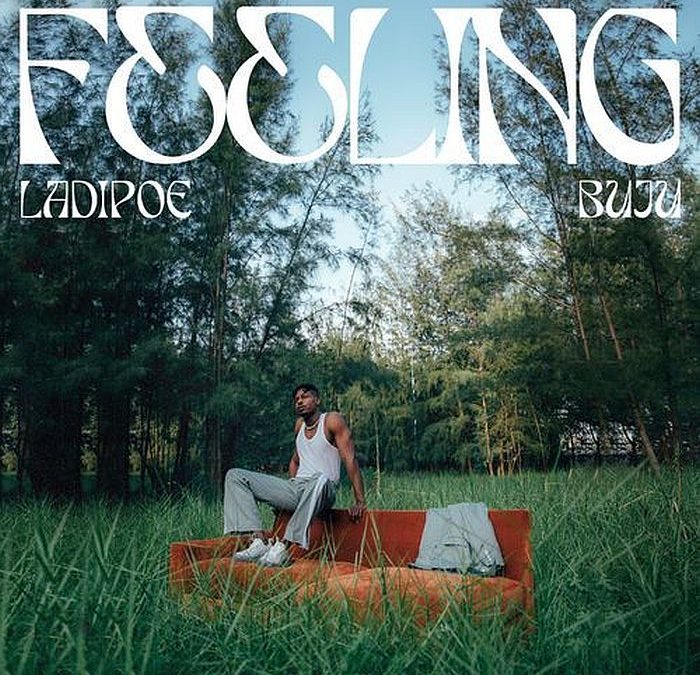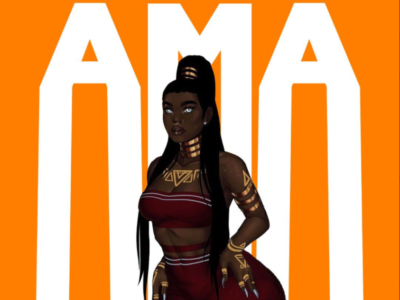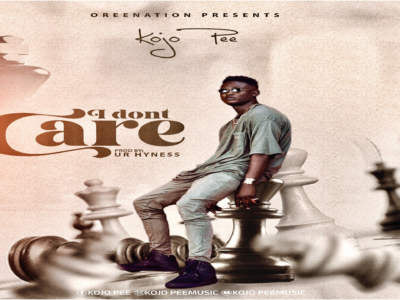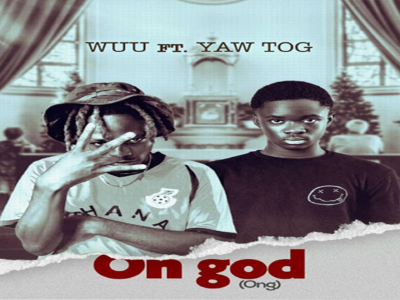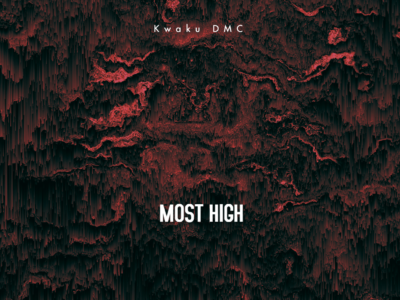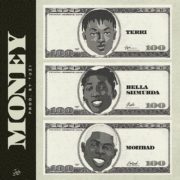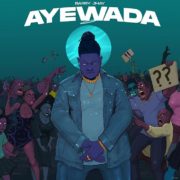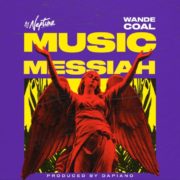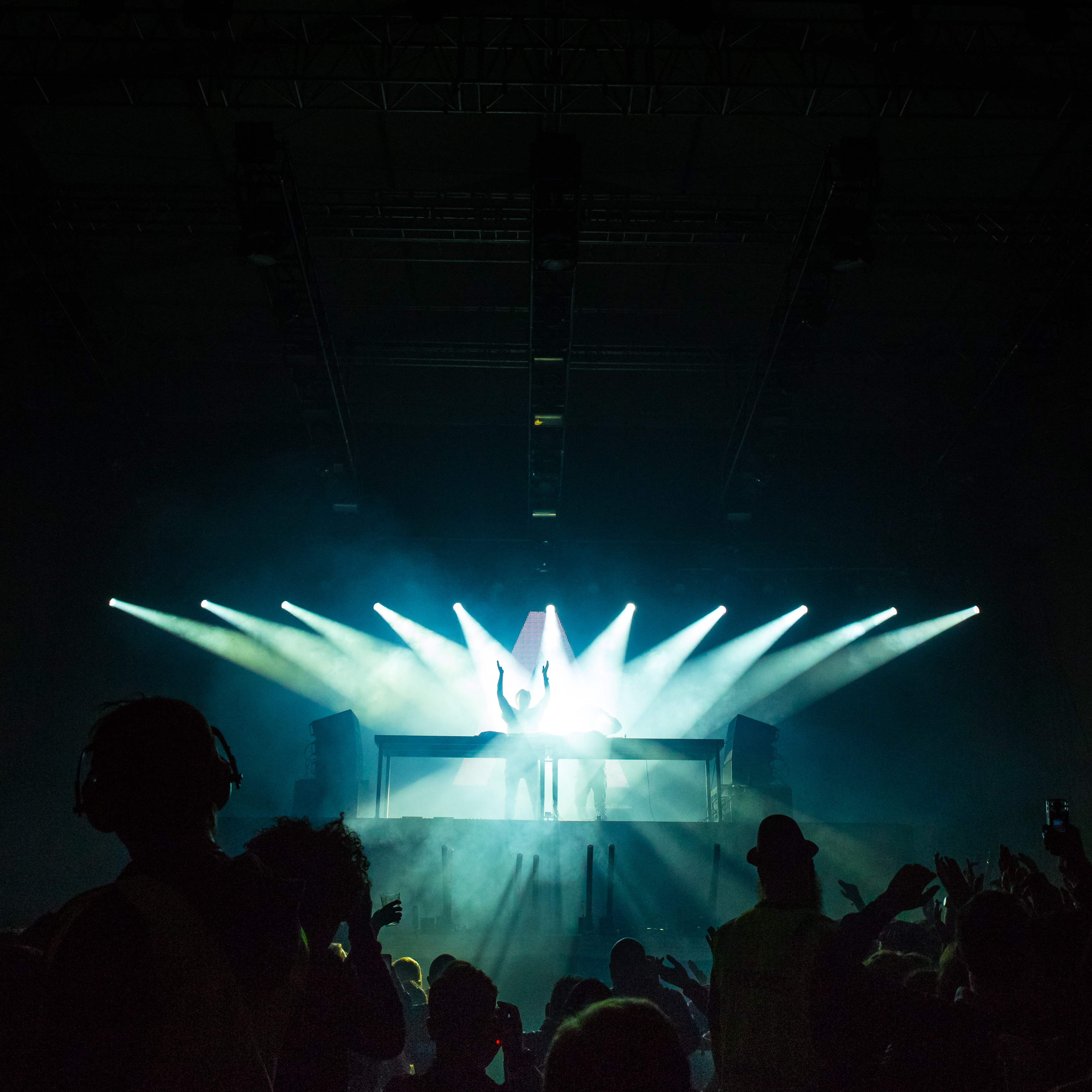
Electronic dance music (English: Electronic dance music) is a dance that was originally created with the purpose of making people dance in a place of entertainment that mainly focuses on clubs or music, using synthesizers and sequencers. It is music also called EDM.
Songs are often produced as desktop music (DTM). The DJ because it is often produced in order to be played by, musician is composer – producer is often also serves as DJ industry as well as industry.
History
Dance music using electronic musical instruments dates back to the mid-1970s disco. [1] After that, waveform editing software became available, and it became possible to edit the waveform data of the sampled sound source in detail. In the late 1980s, British artists used this technique to develop big beats. In the 1990s, drum’n’bass, which featured high-speed breakbeat rhythms and emphasized bass, became popular. In the 2000’s mid-term drum and bass and UK garage and origin and dubstep has evolved. With the development of digital audio workstations (DAWs), electronic dance music has spread worldwide since the late 2000s. In the United States, various sub-genres were born, such as Booster, a reinterpretation of dubstep.
Electronic dance music originally Europe had gained popularity in the, United States since the late 2000s, also went rapidly expanding to the whole world. The trigger was said to be a live performance on a pyramid-shaped stage performed by Daft Punk, who performed at the Coachella Festival in 2006, and the venue had a maximum capacity of 10,000 people. There were 40,000 people in the area. Ties to at the 2004 Athens Olympics, Keego at the 2016 Rio Olympics, and Martin Garrick at the 2018 Pyeongchang Olympics are performing at the closing ceremony.
” EDM”, an acronym for “Electronic dance music”, was introduced in the late 2000s when electronic dance music became popular in the United States. It was coined by the American music mass media as an economic term for music as a whole.
Definition
Electronic dance music does not refer to a definite genre, but is a term that covers various sub-genres like rock, jazz, and hip-hop. As the popularity of the genre house, trance, techno, dubstep, trap, etc.
There is also a narrow interpretation of electronic dance music. In its narrow interpretation, the word EDM refers to pop electronic dance music that has no musical tradition since DJ culture. Because of its origins, it is sometimes criticized and distinguished from traditional techno and house music musicians and fans.
Reaction
In an interview with DJ Magazine in 2012, Amici said, “EDM is just a buzzword in dance music. It’s a popular word, but I think we need a comprehensive word.”
When did Zed come up with the word EDM in an interview in 2014? It came to be featured in national news, and the abbreviation EDM became popular. It is better to use the word EDM than the full name. It must have been easy, ”
Japanese EDM
In Japan, festival events such as Ultra Japan, Electro, and PACHA FESTIVAL TOKYO are held. The Daydream Festival first landed in April 2020, and famous DJs such as ” Alan Walker ” and ” Dimitri Vegas & Like Mike ” were scheduled to visit Japan, but it was canceled due to the new corona virus. There are also examples of foreign electronic dance music producers working on songs by well-known pop artists.
Major musicians
- Afro Jack
- Alan Walker
- Armin van Buuren
- Avicii
- Calvin Harris
- The Chainsmokers
- David Guetta
- Dimitri Vegas & Like Mike
- Hardwell
- Cashmere
- Martin Garrix
- Mashumero
- Rehab
- Show Tech ( Showtek )
- Steve Aoki
- Swedish House Mafia
- Tiesto
- Will Sparks
- Zed

